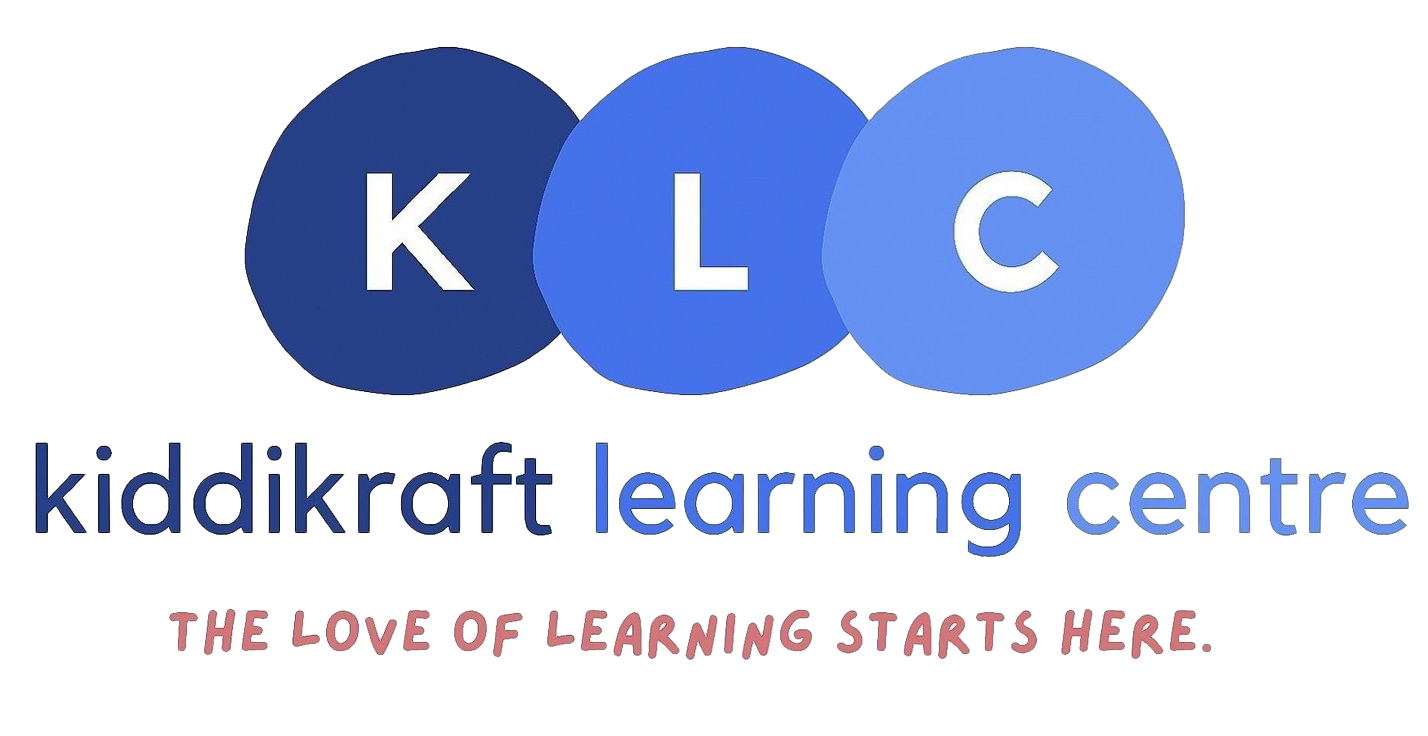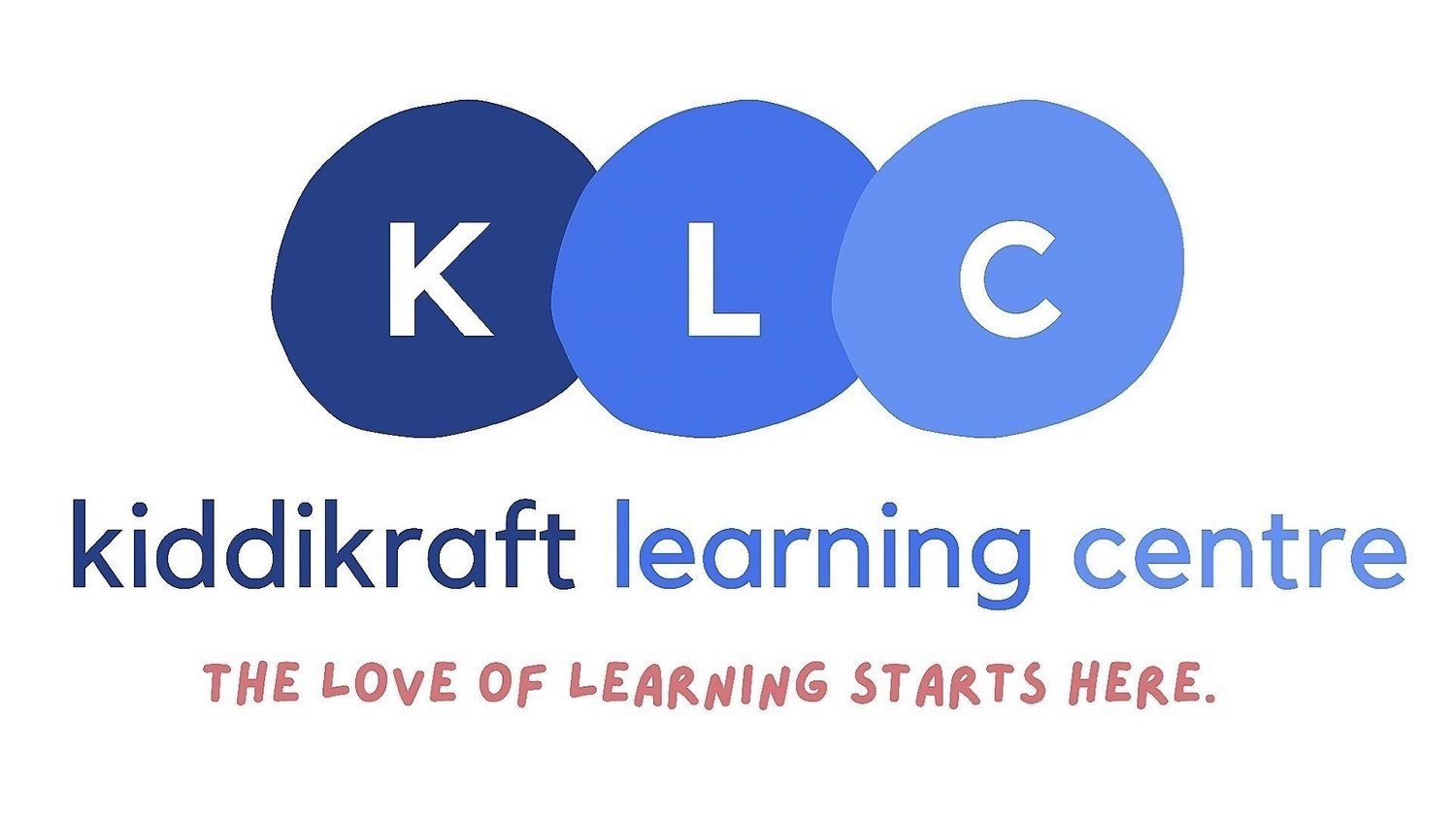Importance of clear and consistent communication between parents and teachers
Effective communication is key to building a strong relationship with both parents and teachers. Communication helps to keep everyone informed about a child's progress, any issues that may arise, and what can be done to support them. There are correct and appropriate ways in which clear communication can be carried out to benefit your child, including key questions that will help greatly for both parties.
First and foremost, it is important to establish a regular communication routine with both parents and teachers. This can be done through email, phone calls, Whatsapp or in-person meetings. At KLC (Kiddikraft Learning Centre), we have various open means to communicate with parents and vice versa.
Parents can also write notes to the teacher about anything they feel is important, and the teacher can respond in the same book or even reach out via phone or email. This ensures that any concerns or issues are addressed in a timely manner.
When communicating with parents and teachers, it is important to be clear and concise. Use simple language and avoid jargon or technical terms that may be confusing. Ask open-ended questions to encourage discussion and understanding. For example, "How do you think we can work together to support your child's learning?" or "What are some strategies that have worked well for your child in the past?"
It is also important to be respectful and listen actively when communicating. Try to understand their perspective and show empathy for their concerns. If there is a disagreement or conflict, try to find common ground and work towards a solution that benefits the child.
At KLC, (Kiddikraft Learning Centre) we understand the importance of communication and strive to provide a supportive and inclusive environment for both parents and teachers. If you have any questions or concerns, please do not hesitate to contact us.
Effective communication with both parents and teachers is essential for a child's success. By establishing a regular communication routine, using clear language, asking open-ended questions, and showing respect and empathy, we can work together to support each child's unique needs and abilities.

